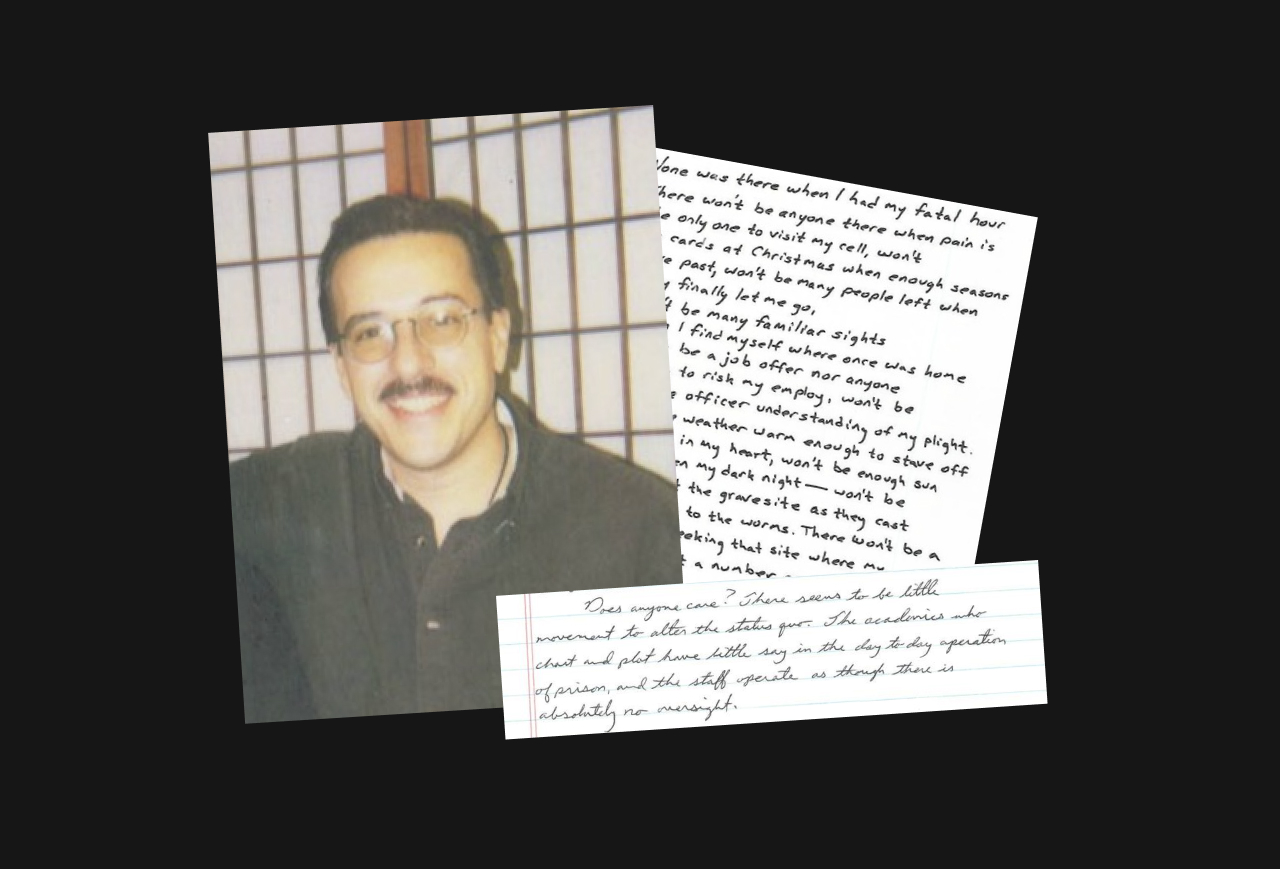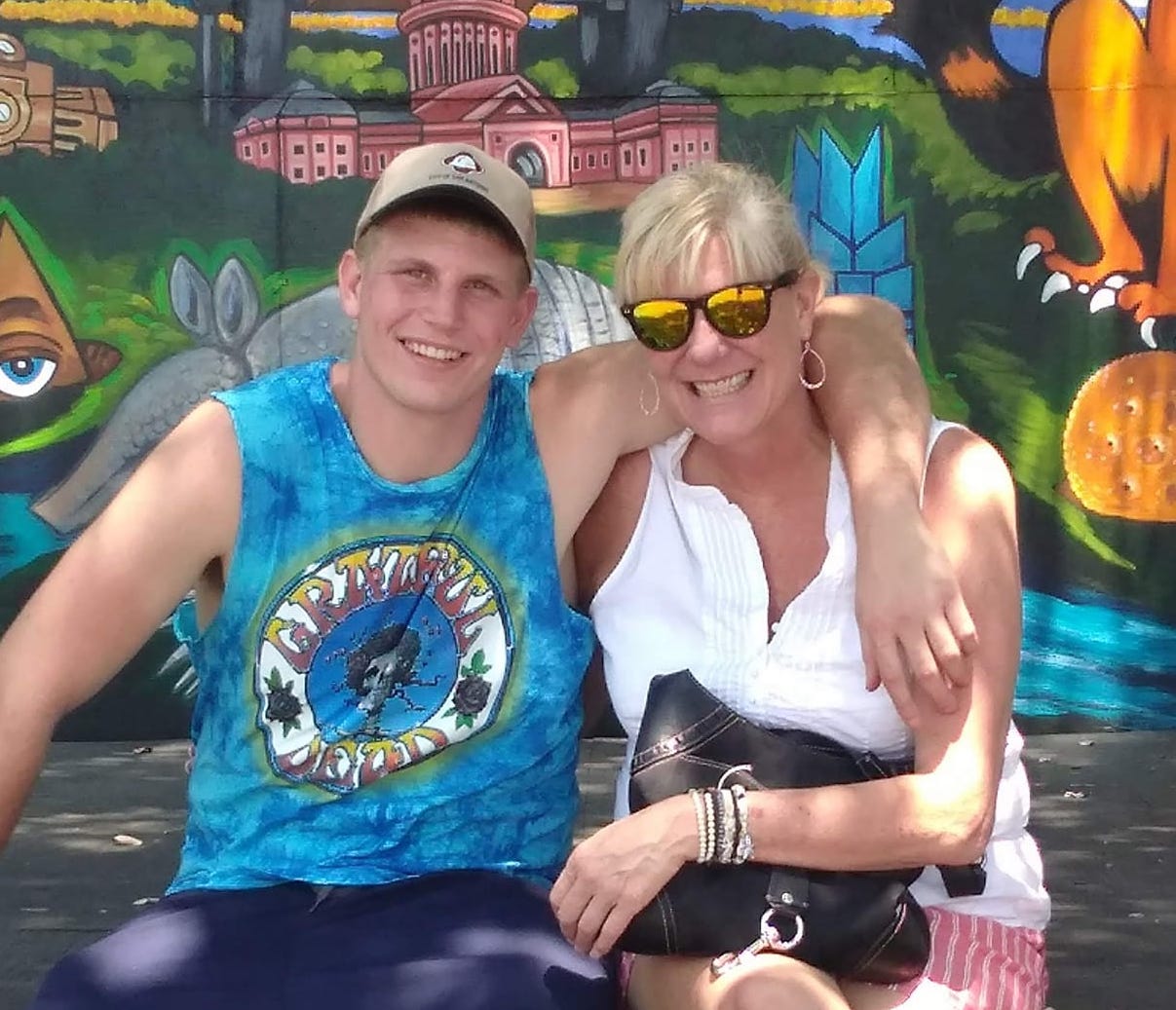Democratic societies need prisons – so the argument goes — as the harsh side of rule of law. No one is equal before the law, a key premise of democracy, if rules are broken without consequences. In this way, equality tempers freedom, allowing a justification for incarceration.
But prisons do not protect rule of law or democratic values, they provide reservoirs for authoritarian abuse of power. In prisons, extreme power imbalances and lack of transparency – in the name of security — create a dynamic in which incarcerated people are subjected to the whims of wardens and staff. The point is not that every single warden or correctional staff member exercise their power to abuse – rather, the possibility for abuse is ever-present and institutionally determined. This also means it is not something that can be fixed by simply identifying “bad apples.”
Prisons are unaccountable and counterproductive. They are systems for transferring vulnerability to violence and abandonment from the public at large to a contained, smaller population. Prisons do not reduce harm, they concentrate it. Yes, many people who are incarcerated have perpetrated harm against their own communities. Let’s also address how many people inside prisons are the product of extended cycles of racialized harm: children who were abused, in foster care, were poor, and had few, if any, opportunities to exit the cycle of harm (see studies documenting this: here, here and here). All these points of vulnerability are compounded for Black and brown communities due to the biases in policing, surveiling, under-resourcing and undermining autonomy in their neighborhoods. When they go to prison, harm deepens its grip.
We, Americans, allow prisons to cite ‘security’ as a bulwark against transparency, accountability and rule of law. The result should not be surprising: abuses inside prisons are the logical outgrowth of fostering authoritarian spaces. Even in Massachusetts, a state with relatively low incarceration rates and where reforms passed in 2018 helped to accelerate downward trends in the total prison population, abuse runs rampant.
No one knows this better than incarcerated people, who, as they have argued themselves, want a system that is safe, logical and rule-bound, and which offers real opportunities for rehabilitation. That is not what exists. On February 20, 2023, the Norfolk Inmate Council (NIC), an elected body presenting incarcerated people at MCI-Norfolk, issued a letter to Gov. Maura Healey requesting an emergency intervention on issues they documented. The link also includes a cover letter from Prisoner Legal Services, which tried to investigate the allegations but had “limited access to records and resources.”
The NIC cited evidence of:
- “…an organized scheme involving multiple staff members to introduce and
sell drugs, including cocaine and synthetic cannabinoids, to people incarcerated
at OCCC.” - Evidence of illegal sexual activity occurring within OCCC and involving
correctional staff. - Weapons missing from the DOC’s shooting range.
They also document past investigations of abuse:
- One “officer was prosecuted for selling heroine in a housing unit for those diagnosed to have substance use disorder.”
- A “union steward for the officers’ union, was arrested last summer in the prison parking lot for allegedly preparing to smuggle $400,000 of drugs and other contraband into the prison.”
- A “Norfolk officer took his life while facing charges for holding his estranged wife hostage.
- Another officer was removed from the facility after it was discovered that she had been smuggling cell phones and other contraband to her incarcerated lover.”
- An officer “was found to be stealing personal photos being sent through the mail to incarcerated people.” The same officer was discovered drunk one night in a tower (with the tower’s loaded AR-15 hanging on the wall behind him) and was arrested. During a search of his car, young girls underpants were reportedly found. When confronted with the discovery, the officer claimed to have been a member of a ‘rape squad’ that targeted children while serving in the military overseas.”
- Evidence of systemic racism throughout the DOC.
NIC does not assert that every staff member is a problem, but the problems are systemic because prisons are empowered to operate within, in their terms, “a rogue culture.” At core, the issues stem from, as NIC observes in their letter, “the paramilitary nature of the security staff and the lack of any independent oversight has inspired a dominant philosophy throughout the DOC in which incarcerated people are over policed using outdated tactics with little regard to laws and regulations.”
At a minimum, these charges are too serious to ignore, which is what has happened thus far. But ultimately two more changes are needed.
First, is recognition that mass incarceration was never necessary. The prison systems that emerged from the American embrace of mass incarceration is a relatively new historical reality. At the national level, it began in the 1970s, accelerating to shocking heights in the 1980s and 1990s, starting slow unsteady downward trend beginning in 2014. Change has been slow to arrive: the U.S. still incarcerates 20% of the world’s total prison population. While many of the core traits – notably the racism that animates the policies and application of mass incarceration – far precede the specific policies of mass incarceration, there is no reason to believe that this authoritarian system is necessary.
Second, is the imperative to listen to directly impacted people, those who are incarcerated, formerly incarcerated and their communities. One starting place is the January 5, 2023 report, “Creating Meaningful Public Safety: A Briefing on the Massachusetts Department of Correction,” by the Norfolk Lifers Group, the Norfolk Inmate Council, The African-American Coalition Committee at MCI-Norfolk, and incarcerated members at Old Colony Correctional Center, MCI-Concord and Souza-Baranowski Correctional Center. They have intimate knowledge of the core problems that reproduce cycles of harm, of what works to begin transforming conditions, and what is at stake in committing to do so.
We are living in a moment of enormous political upheaval. Possibilities for re-visioning a more sustainable and equitable future share equal space with endeavors to curtail rights and poison public debate with blatant lies. This contention is visible in debates about our justice system. Some places, including Massachusetts, have demonstrated willingness to experiment in disrupting cycles of harm rather than creating more containment sites for it. The voices of directly impacted communities, including those leading with an abolitionist vision, are increasingly being heard – change is possible. At the same time, we see the kneejerk, barely concealed racism gathering new energy behind renewed national calls for “tough on crime” measures. We’ve seen this before and can dismiss it as a rhetoric that only functions to create authoritarian sites that concentrate and then reproduce harm.
The work is now, as it always has been, to expand democratic practices, not as lofty idealism, but in the everyday work of demanding transparency and accountability. Debates about prison policy are fundamentally debates about how we practice democracy, and it is no trifling matter to allow pockets of authoritarianism to persist.



